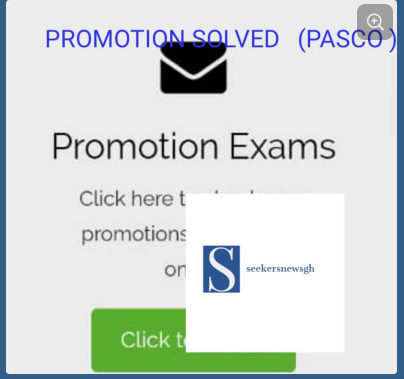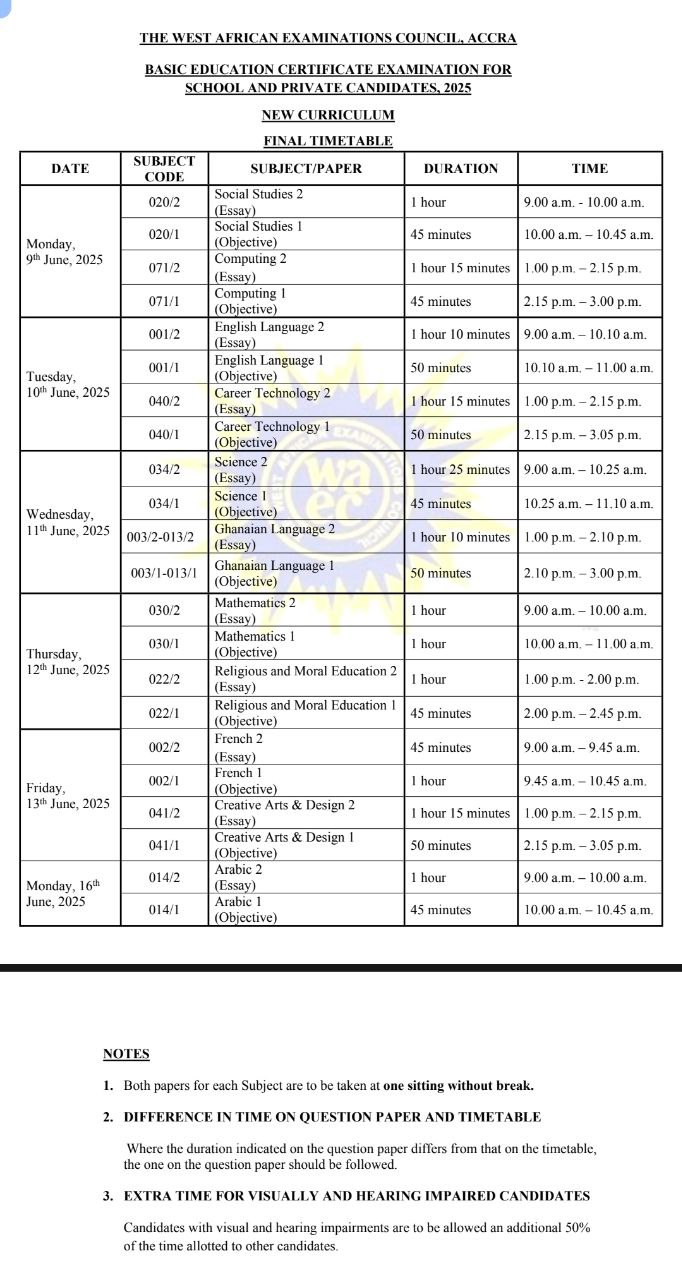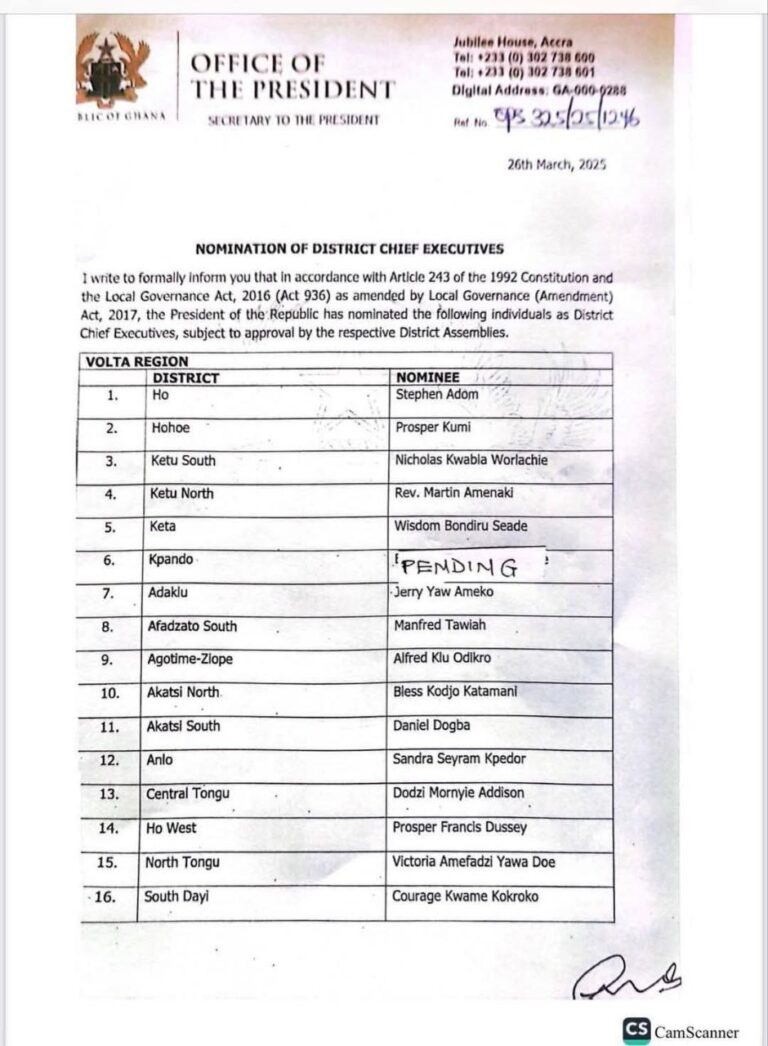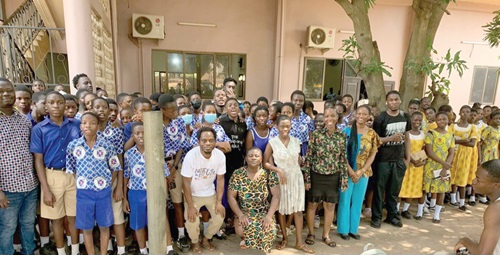ADII Promotion Aptitude Test Questions and Answers Try ADII Promotion Aptitude Test Questions and Answers Try ADII...
ad1 promotion exams questions and answers
Areas GES Promotion Aptitude Tests Cover Questions and Answers In the field of education, understanding the fundamental...
Actual ADI 2023 MOE/GES Promotion Examination Questions and Answers Actual ADI 2023 MOE/GES Promotion Examination Questions and...
DD (DEPUTY DIRECTOR) PROMOTION APTITUDE QUESTIONS AND ANSWERS DD FEBRUARY, 2020 JOIN US TELEGRAM SECTION A MULTIPLE...





